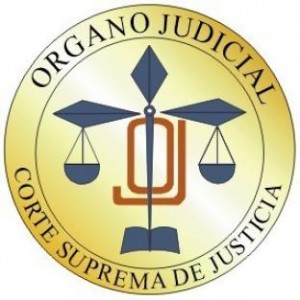Faith Restored in El Salvador’s Institutions
After almost two months of tension between Congress and the Corte Suprema de Justicia (CSJ), Congress finally repealed Decree 743 with a vote of 57-27. Passed on June 2, the Decree rendered the CSJ virtually ineffective because it mandated that the five judges must vote unanimously to pass a ruling. Motivation for such a motion arose from concerns surrounding rumors of the court abolishing the amnesty law of 1993, a measure which protected those who committed human rights abuses during the civil war in the early 1980s. El Salvador’s government maintains deep interests in the longevity of the amnesty law, since many government officials may find themselves subject to criminalization should it be declared unconstitutional. The leader of ARENA, Alfredo Cristiani, who was a major force pushing the success of the Decree, was accused of participating in the killing of six Jesuit priests, their house keeper and her daughter, and a planned murder as commander in chief of the armed forces during the conflict. Given the repeal of Decree 743, accusations against Cristiani and individuals in similar situations could turn into legal penalties if the amnesty law were to be declared unconstitutional by the CSJ.
Military figures, El Salvador’s elite, and right-wing political parties resisted the repeal and fervently spoke against Congress’s proposal in early July to consider it. In response, the United Nations voiced its position regarding Decree 743. Gabriela Knaul, a UN representative, called the Decree an “attack on judicial independence and the separation of powers,” a common stance shared by democratic states and institutions. On July 28, efforts to restore faith in El Salvador’s democratic institutions prevailed in Congress. Reinstituting the independence of the judiciary branch allows the CSJ to reach decisions on controversial issues as well as the ability to declare legislation unconstitutional without unanimity.


